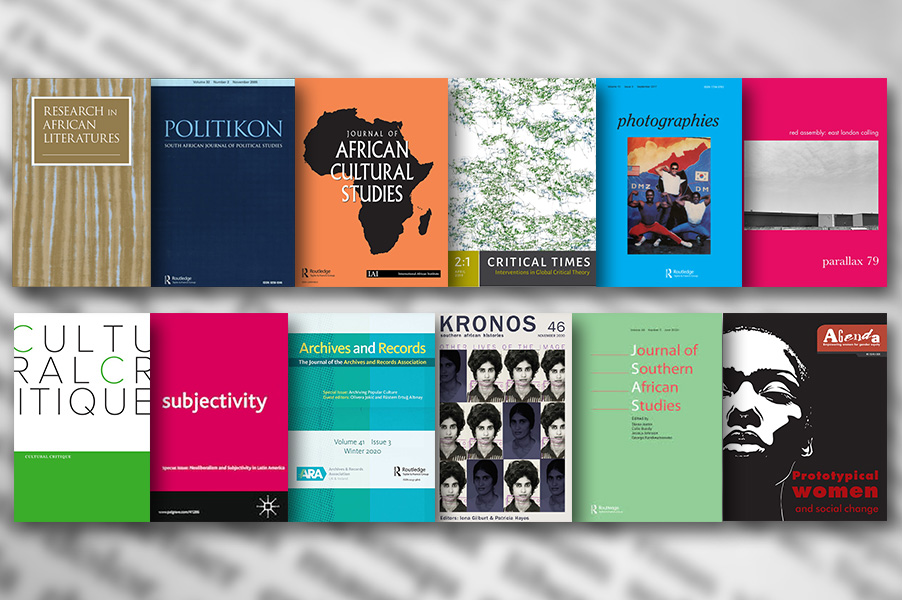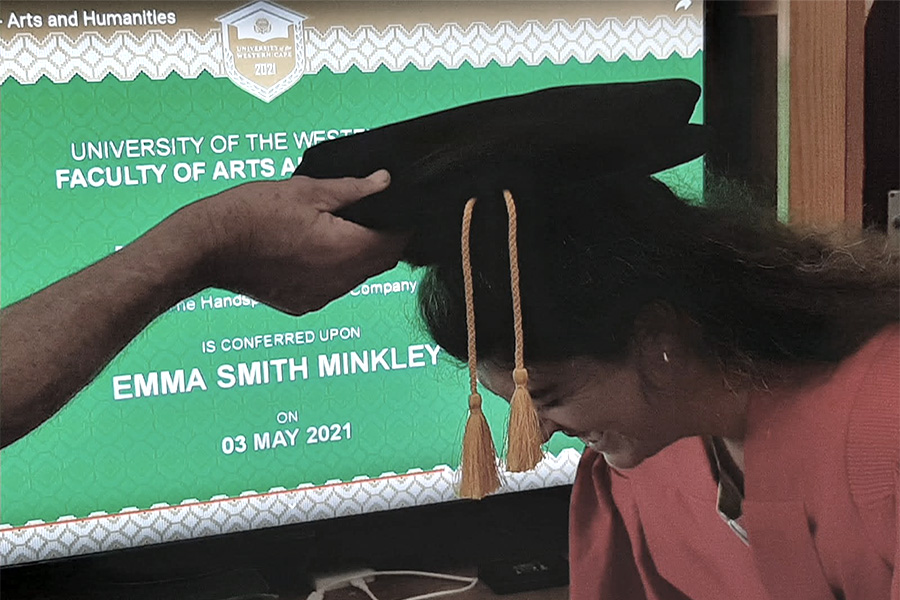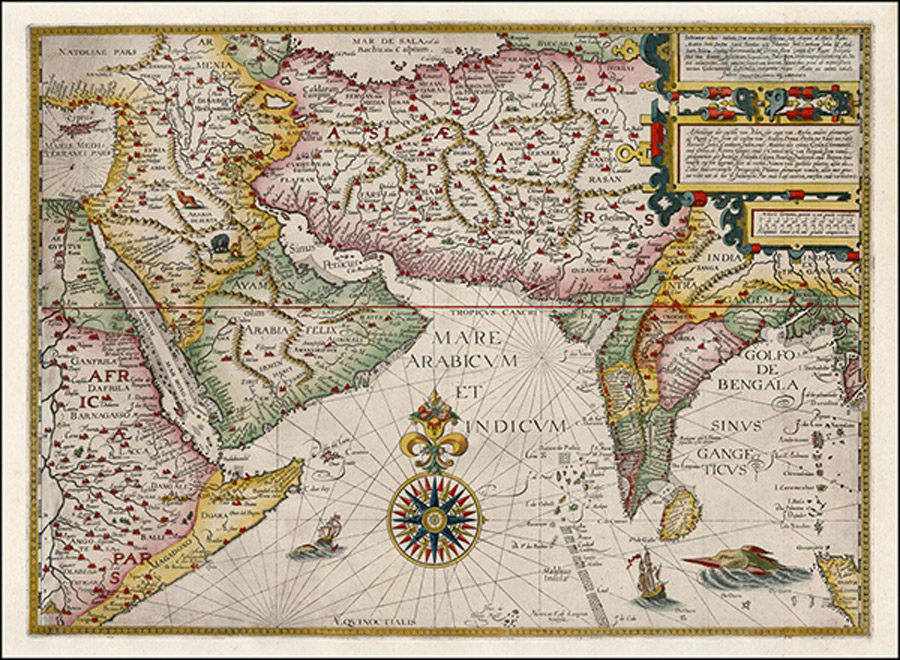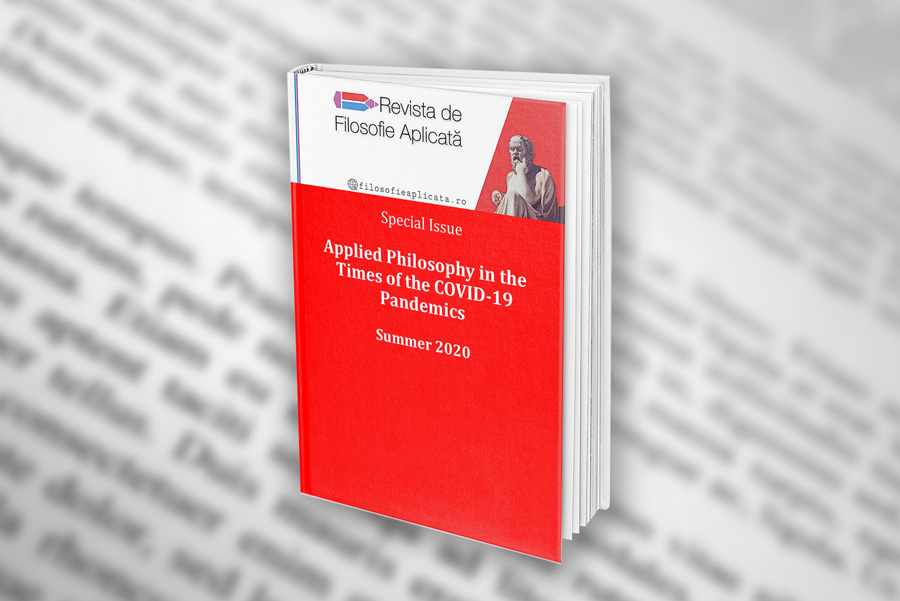
Kiasha Naidoo
Fellow: Department of Philosophy, MA
Kiasha Naidoo is an MA Philosophy student at the University of the Western Cape and an Andrew W. Mellon Masters Fellow at the Centre for Humanities Research. She recently completed a BA Honours (cum laude) in Philosophy from UWC during which time she was an Honours Fellow at the Centre for Humanities Research on the Recentring AfroAsia Project. Kiasha also holds a BA in PPE (Political Science, Philosophy and Economics) from Stellenbosch University.
Kiasha’s research has to do with thinking neoliberalism as a governing rationality in the domain of means and ends. Moreover, to consider the way that such a rationality might bear on the human subject in terms of its ontology as fundamentally futural. She draws on the work of Michel Foucault and Wendy Brown in order to consider the functioning, limits, and high points of the exercise of power on subjects and collectivities with regard to life and death. Her research interest includes the effects of a neoliberal governmentality on our democratic ideals, notions of political collectivity, as well as on virtues and ends such as freedom, equality, and justice.
Naidoo has been invited to take up a period of research and study in 2022 at the Department of Philosophy and the Research Centre “The Formation of Normative Orders” at Goethe-Universität Frankfurt am Main. Her research project focuses on the ontological presuppositions and paradoxes of neo-liberal governmentality.
Publications:
Naidoo, Kiasha. “Neoliberalism’s Last Breath: Thinking Politico-economic Well-being During and Beyond COVID-19” Revista de Filosofie Aplicată, vol. 3 (Summer 2020) http://filosofieaplicata.ro/index.php/filap/article/view/67/40
Naidoo, Kiasha. Review of Pandemic! COVID-19 Shakes the World, by Slavoj Žižek (OR Books), Teaching Philosophy, vol. 44, no. 3 (2021) https://doi.org/10.5840/teachphil2021443151
Tollon, Fabio, and Kiasha Naidoo. “On and Beyond Artifacts in Moral Relations: Accounting for Power and Violence in Coeckelbergh’s Social Relationism.” AI & SOCIETY (2021) https://doi.org/10.1007/s00146-021-01303-z





